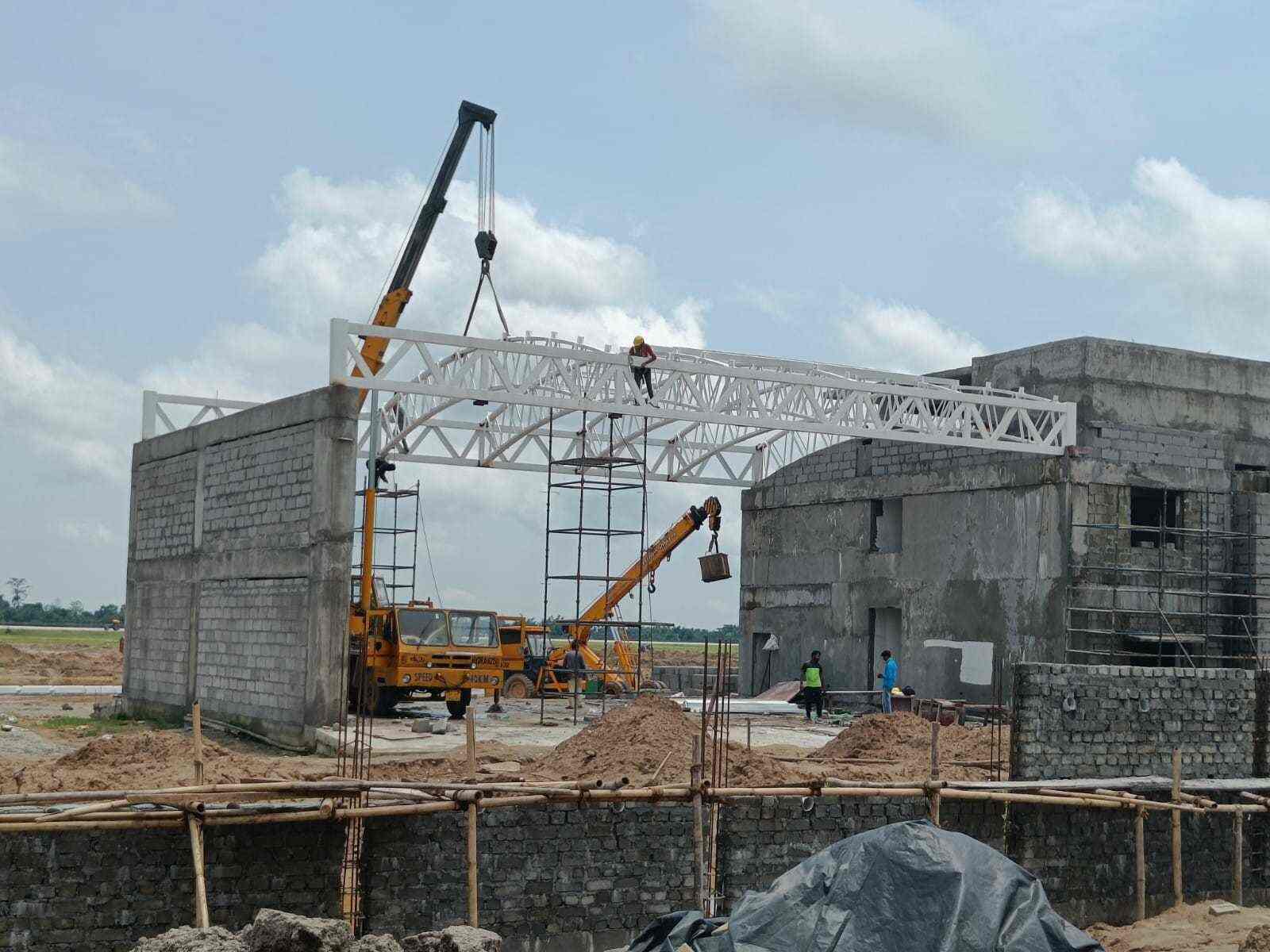In the realm of civil engineering, acronyms, and abbreviations are commonly used to represent various terms and concepts. One such acronym that holds significant importance is MOS, which stands for “Method of Statement.” This term is especially relevant in the construction industry, where proper planning and execution are crucial for successful project completion.
MOS Full Form: Method of Statement
The Method of Statement (MOS) is a comprehensive document that outlines the step-by-step procedures and methodologies to be followed during the execution of a specific construction activity or task. It serves as a detailed blueprint, ensuring that all parties involved, including contractors, subcontractors, and site supervisors, are on the same page regarding the intended approach and sequence of operations.
Importance of MOS in Civil Engineering
- Quality Assurance: An MOS helps maintain quality standards by providing a clear roadmap for executing tasks correctly and consistently. It ensures that the work is carried out according to specified guidelines, regulations, and best practices, resulting in a high-quality end product.
- Safety Compliance: Construction sites can be hazardous environments, and an MOS plays a crucial role in addressing safety concerns. It outlines the necessary safety measures, such as the use of personal protective equipment (PPE), implementation of safety protocols, and adherence to site-specific safety regulations.
- Resource Planning: The MOS helps in effective resource planning by identifying the required materials, equipment, and manpower needed for each stage of the construction process. This information aids in optimizing resource allocation and minimizing wastage, ultimately contributing to cost-effectiveness.
- Coordination and Communication: Construction projects often involve multiple stakeholders, including architects, engineers, contractors, and subcontractors. The MOS serves as a common reference point, facilitating better coordination and communication among all parties involved, reducing the likelihood of misunderstandings or conflicts.
- Progress Monitoring: By breaking down the construction process into distinct stages, the MOS enables progress monitoring and evaluation. This allows project managers to track milestones, identify potential delays or bottlenecks, and take corrective actions when necessary.
In civil engineering, the MOS is a vital tool that promotes efficiency, quality, and safety on construction sites. It ensures that projects are executed according to established standards and specifications, minimizing the risk of errors, delays, and accidents. By providing a comprehensive guide for various construction activities, the MOS contributes to the successful completion of projects within the prescribed timeframe and budget.
Read More:




Pingback: Decoding MD - The Meaning Behind This Engineering Term - Dream House Listing